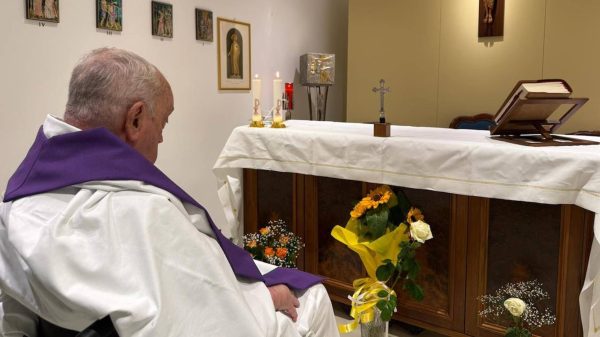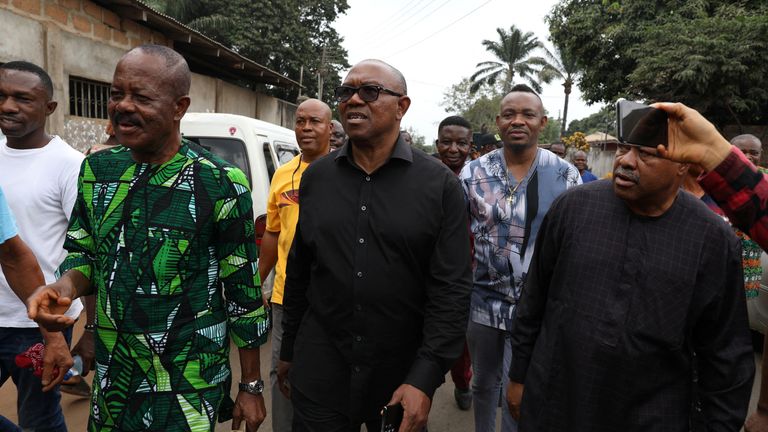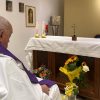The closest presidential election in Nigerian history is still taking place.
While the jury is still out on Africa’s next president and largest economy, the votes are in for the economic center of Lagos.
Bola Ahmed Tinubu is the candidate for the ruling APC party and former governor in Lagos. He has now lost his home state, to Peter Obi (61), who is running for the Labour Party.
Although the result is provisional, it was confirmed at the state level. However, it must be approved by the Abuja electoral commission centre.
Nigerian election: Everything you need to know
In what is being called the most exciting display ever of democracy in Nigeria’s political history Mr Obi defeated Mr Tinubu in Lagos State with around 10,000 votes.
There have been instances of voter disenchantment, suppressions and cases of armed violence at the polling stations across Nigeria and elsewhere.
Some units of the polling machine did not arrive at their stations and residents were unable to vote.
Despite discontent, the Lekki Tollgate massacre has brought out a lot of joy in the hearts of young people.
They view Tinubu, the owner of Lekki’s tollgate in Lekki, as the one responsible for the death at the #EndSars protest against police brutality and have been supporting Mr Obi’s campaign.
Bishop Duke, a 21-year-old activist and photographer, told us that youth have been organizing over the past two years.
Nigerians below 35 make up nearly 40% of all newly registered voters.
“It’s cause for celebration because, for the longest time, Lagos was owned by one politician,” Bishop says, referring specifically to Mr Tinubu, the “Godfather” of Lagos.
“There has been a lot rigging in Lagos for a long time. But, there was a lot of push and this is a genuine vote.
A Reuters count of provisional results from 10 states in Nigeria shows that Mr Tinubu has about 3.29 million votes to Atiku Abubakar’s 2.28 million and Mr Obi’s 818,000, respectively, according to a Reuters tally.
The winner will not be announced until Tuesday morning at the earliest.





















